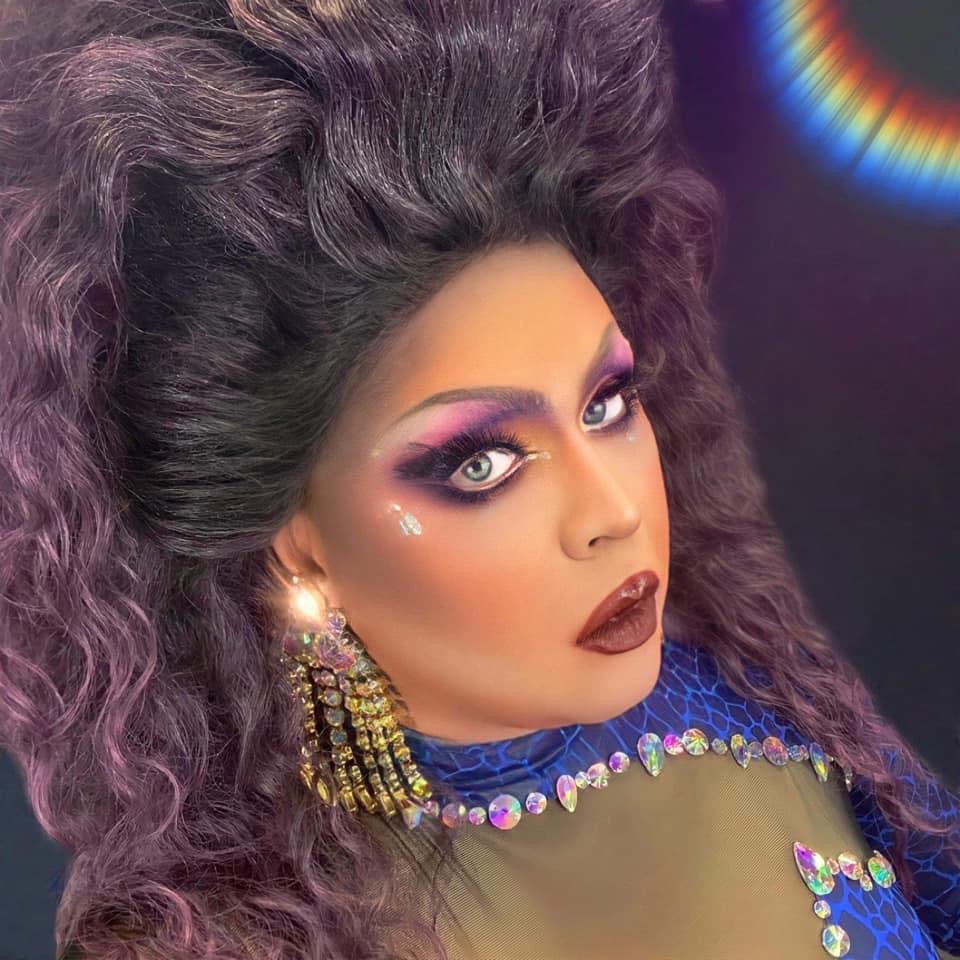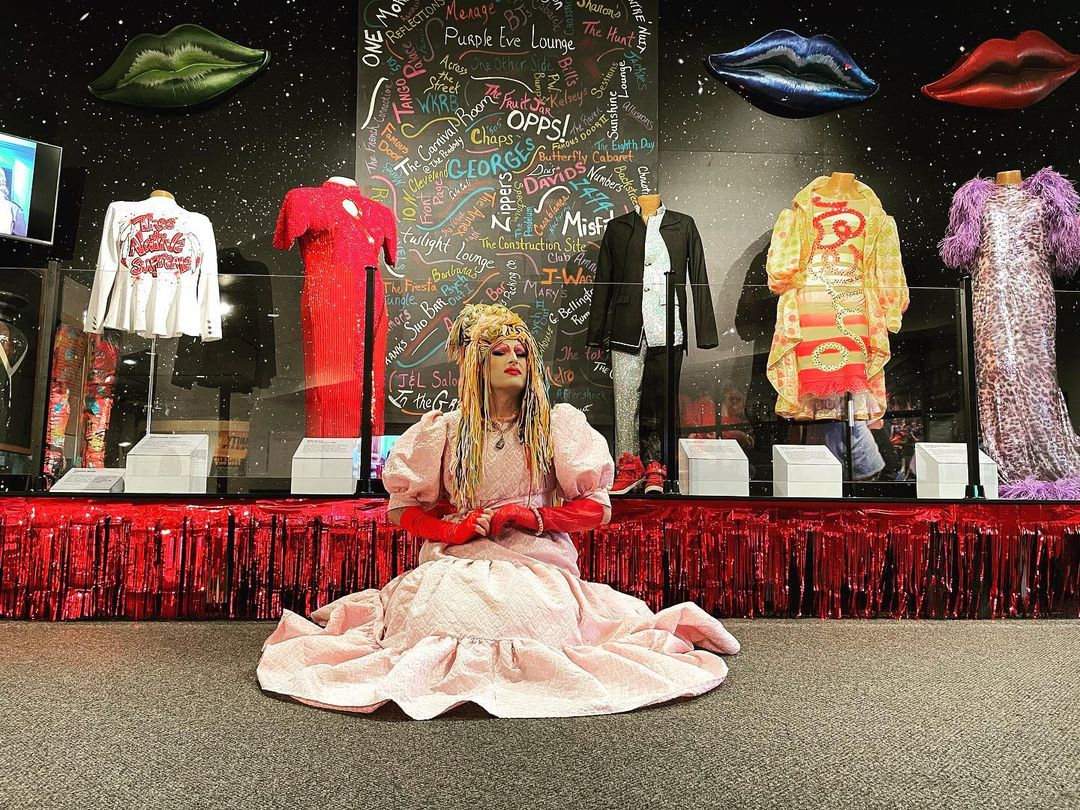Kids invented drag.
This is Moth Moth Moth’s (Mothie for short) response to an argument that seems to be at the top of Tennessee news feeds for the past few weeks. “Are drag shows appropriate for younger audiences?”
According to Mothie, it’s a stupid argument.
“Watch your kids as they play. What do they play? They play dress up.”
“Queer people get to be in charge of our sexuality,” says Mothie. “But that does not mean that straight people and the rest of the world get to constantly sexualize us in all that we do.”
In between balancing a nine-to-five job as the program director of the Focus Center Foundation and performing drag shows throughout the week (you can catch Mothie at Black Lodge’s Rainbow Rumble), Mothie and others have been “refighting a fight” against the “right wing apparatus.”
“I think that there is some like algorithmic, like internet demonic magic, that is going on that is systematically shutting out queer people in our art and our views and our expressions.”
On September 23rd, a family-friendly drag show at the Museum of Science and History (MoSH) was scheduled as the ending celebration of the Summer Pride programming at the museum. However, the event was canceled by event organizers after a group of armed Proud Boys arrived at the event.
Drag shows are no new phenomenon, especially in Memphis. In fact, the landscape has changed drastically in the last 20 years.
Keleigh Klarke is the entertainment director of Dru’s Place (Dru’s Bar), producer of “Beauties on Beale” drag brunch at the Hard Rock Cafe in Memphis, and the host of the Around the Pink Table podcast. He moved to Memphis in the early 2000s and remembers the days where there were only three to four venues that had drag shows.

Klarke says that as drag became more “mainstream,” it found its way into more spaces, presenting opportunities for performers to perform in other venues. This even extended itself into places such as the Hard Rock Cafe, allowing for drag shows to take place outside of LGBTQ+ bars. Klarke refers to them as “straight bars” and “straight establishments.”
Mothie and Klarke both say that drag has been around for years in the media, whether it was used for comedic relief, or through John Travolta’s show stopping performance in Hairspray.
Mothie explains that much of the media that children consume such as Mrs. Doubtfire and Tyler Perry’s Madea even contain the same elements of drag that opponents have used to fuel the fight.
While these forms of media have always existed, shows like RuPaul’s Drag Race and social media platforms like TikTok and YouTube have exposed more people to the art and nuances of drag.
Mothie explains that the demographics for drag are changing drastically. They explain that it’s not an art that is solely reserved for adults, but that the age range now includes 14-22 year olds. With this in mind, Mothie believes that younger audiences deserve to have a “piece of this culture.”
Exposure to material like this can be beneficial for children, says Mothie. They that there are queer and transgender children in the world, and they are going to be “queer and trans whether I’m around or not. That’s just the way that they are.”
With more exposure, though, comes the opportunity for misinformation and harmful stereotypes that contribute negatively to the conversation.
“Drag for me is not about anything of a sexual nature, or anything to do with my sexual identity,” says Klarke. “Drag for me is all about my expression of that character that I play. It is an expression of my feminine side, but there’s nothing of a sexual nature attached to it.”
For Klarke, the character that they play is just an elevation of their personality. However, it’s not 100 percent them. He sees no difference between drag and seeing someone play a character in a play. It’s the same thing essentially, but in a different format and in a different setting.
“Every entertainer I’ve worked with is smart enough to, you know, understand what they are doing,” he adds.
Every other Sunday, Klarke and others perform at the Hard Rock Cafe for a show that is catered to all ages.
“There’s not anything done at that show that is a fraction spicier than the Hokey Pokey,” he says. “What I would do in a nightclub at 10:30, 11, 12 o’clock at night is not what I am going to do at noon on a Sunday, in the middle of the day, when there are children sitting in front of me.”
According to Klarke, the idea that it is an individual right to police others is somewhat of a national issue. He explains that performers have the agency and intelligence to be able to navigate what’s appropriate for certain venues and audiences, however the power of exposure essentially lies in the hands of the parents.
“We’re all intelligent enough to know that and what we’re getting into. But at the same time, if you don’t want your kids to see it, there’s nobody telling you that you have to go.”
